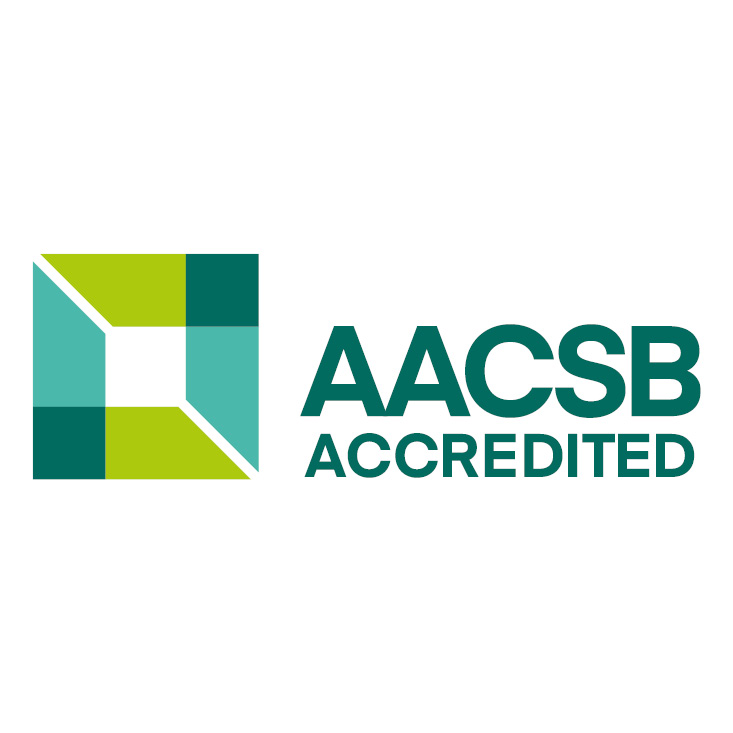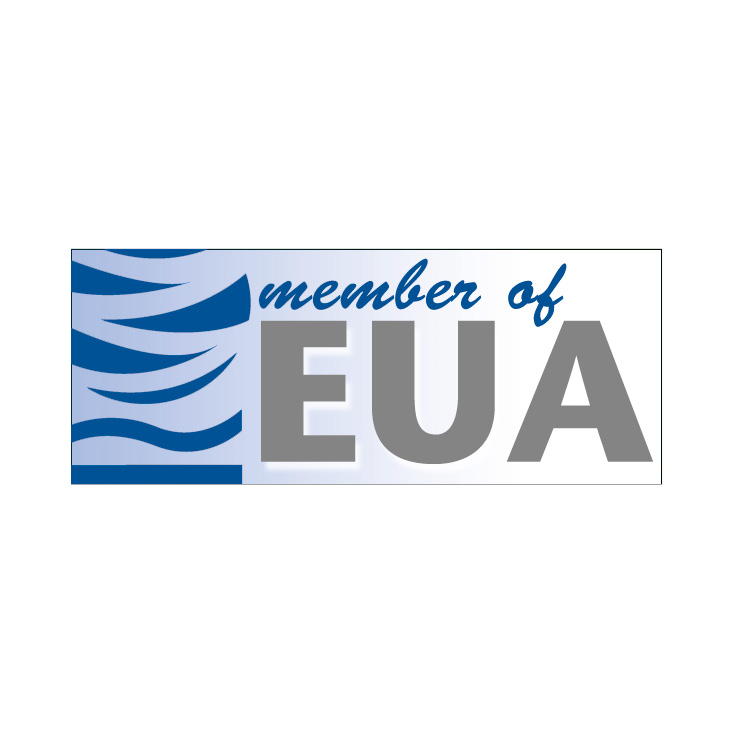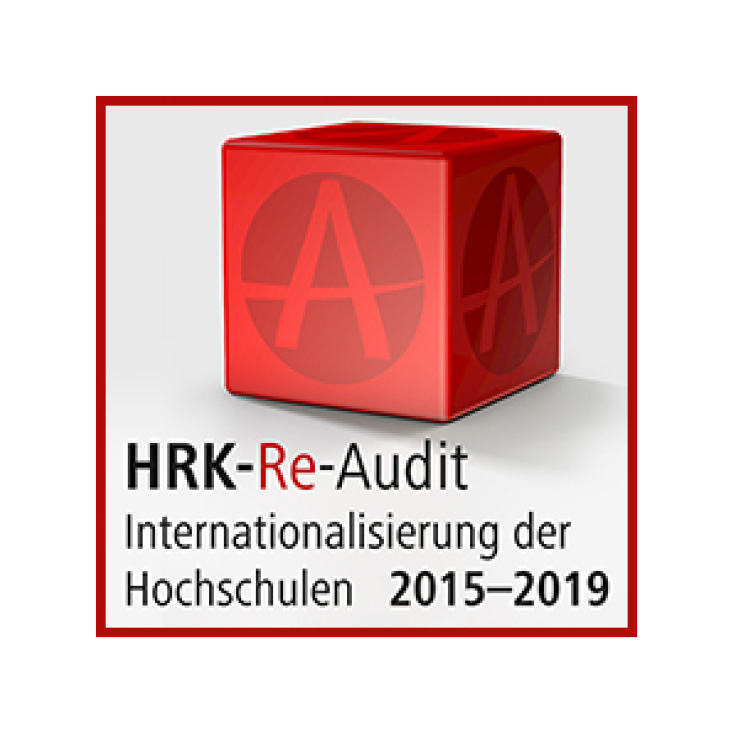Your start in the world of business
Your guide to studying Business Administration

What are the contents of a business administration degree programme? What previous knowledge should you have? And what are your career prospects after studying business administration?
Whether you have just finished school and would like to start a bachelor’s study programme or would like to specialise further in a master’s study programme – here you will find information on the admission requirements, course structure, duration, costs and career prospects of a business administration study programme.
What can you expect from a business administration study programme?
A degree in business administration is the key to many career paths in business.
Business administration degree programmes provide a comprehensive education in the field of economics aimed at the effective management of a company. Important contents and goals of the study programme are:
- to learn how problems are solved systematically and how management decisions are made
- to follow how companies react to market changes
- to understand how resources can be optimised and competitiveness improved.
Degree programmes in International Business Administration place a particular focus on global interrelations. Through semesters abroad, internships and projects, students gain valuable experience in a globalised economy.
In the first semesters of a business administration study programme, you will generally acquire a broad foundation in business administration based on current academic and business practice standards. This includes, for example, introductory lectures in economics, finance and accounting, business law and mathematics, organisational development or marketing. You will then have the opportunity to specialise in key areas and pursue your personal interests and career goals. Depending on the study programme, internship semesters and semesters abroad are compulsory - as at ESB Business School – or at least possible as an option. The final thesis rounds off the study programme. It can also be written in cooperation with a company.
Depending on the type of university and study programme, a general or subject-specific university entrance qualification/entrance qualification for a university of applied sciences (Abitur or Fachabitur/Fachhochschulreife) is required for admission to a business administration study programme. Some study programmes also require certain specialist and foreign languages skills or aptitude tests. A good knowledge of English, German and mathematics is usually a prerequisite. Many universities, including Reutlingen University, now offer appropriate courses or even entire preparatory semesters for the transition between school and university.
You can graduate with a Bachelor of Science / Master of Science or a Bachelor of Arts / Master of Arts degree in Business Administration. Degree programmes with the suffix ‘of Science’ have a stronger mathematical focus than ‘of Arts’ degrees.
In order to be admitted to a Master of Business Administration (MBA) study programme, a first university degree in a non-business subject and a longer period of professional experience are generally required.
In the business administration study programme, admission restrictions such as numerus clausus (NC) or others may be applied if the number of applications exceeds the number of available places. At some universities, personal motivation as well as social, practical and international commitment are taken into account in addition to the final grade – as is the case at ESB Business School. Some study programmes also require an entrance examination. The admission restrictions ensure a transparent and fair allocation of limited study places.
Rankings and accreditations by recognised organisations can provide you with a
good orientation when choosing your business administration study programme. They are important indicators of high educational quality and the national and international recognition of a study programme.
The most important German university rankings include the surveys of the Centre for Higher Education Development (CHE), the Wirtschaftswoche (German business weekly) and the student ranking of the evaluation platform Studycheck.
In addition to rankings, accreditations also play an important role in assessing the quality of study programmes. Accreditation procedures are more comprehensive than rankings and are conducted by specialised agencies and organisations. In Germany, the seal of the Accreditation Council identifies universities with the highest quality standards. At an international level, the “Association to Advance Collegiate Schools of Business” (AACSB) is regarded as one of the leading agencies for the accreditation of universities in the field of business administration.
The cost of studying business administration varies depending on the institute of higher education or university. At private universities, tuition fees often amount to several thousand euros per semester. State-run universities, such as Reutlingen University, to which ESB Business School belongs, generally do not charge tuition fees.
For this reason, most study programmes at state-run universities only charge a so-called ‘semester fee’, which includes the cost of the public transport ticket. The only exceptions to this rule are for individual study programmes, for example for the two MBA programmes at ESB Business School. The state of Baden-Württemberg also currently charges tuition fees of 1,500 euros per semester for students from non-EU countries. These are payable regardless of the university.

The bachelor’s degree in business administration
A bachelor’s degree is the ideal introduction to the field of business administration and provides you with a sound foundation for a successful career. In addition to the information listed below, you can also use the descriptions and module handbooks of the study programmes on offer to help you choose your bachelor’s study programme in business administration.

The master’s degree in business administration
Want to gain more knowledge after your bachelor’s degree in business administration?
Building on your bachelor’s degree in BA or a related subject, Master’s programmes offer you the opportunity to specialise and gain in-depth management skills for management positions. A part-time, career-integrated master’s degree is also possible.

The MBA - Master of Business Administration
Business competence for non-economists, part-time or full-time. The MBA study programme prepares graduates of technical disciplines or natural sciences such as engineering, natural sciences and humanities in particular for management tasks in global companies.












